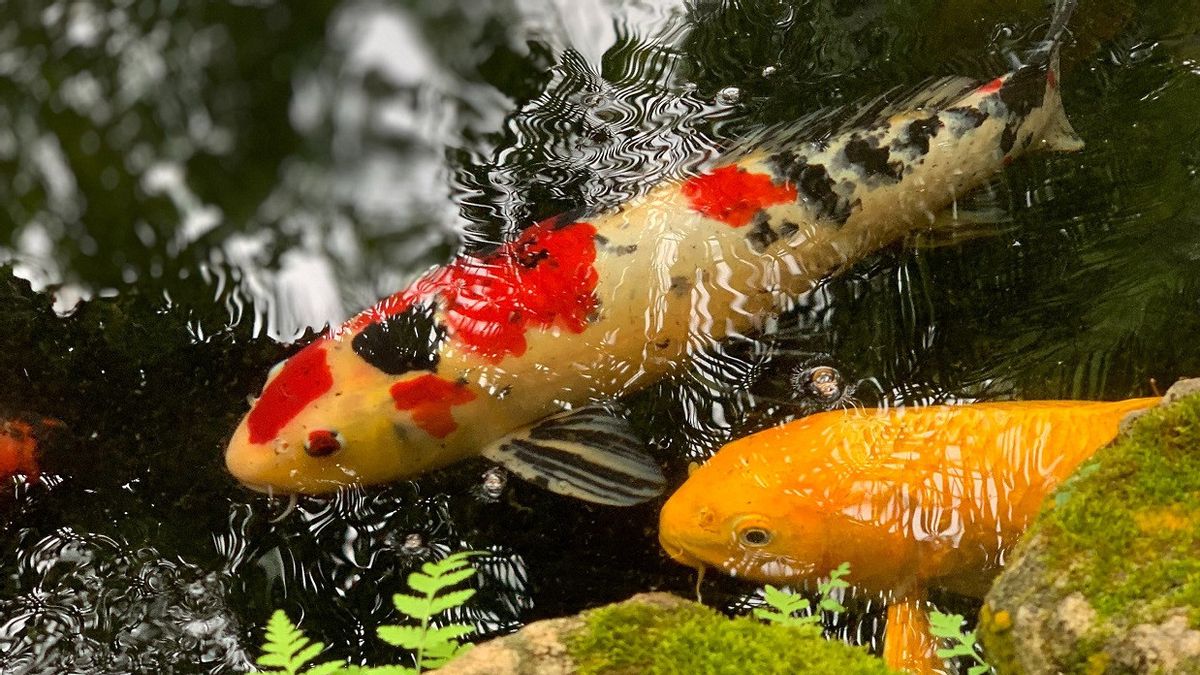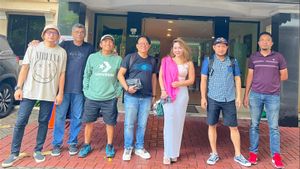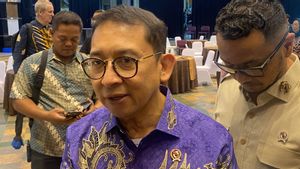Jakarta - Approaching Chinese New Year 2572, Vietnamese people have started the tradition of releasing ornamental goldfish into rivers or lakes. This ancient tradition that lasted hundreds of years, started a week before the Tet holiday.
Tet or complete Tet Nguyen Dan is the celebration of Chinese New Year in Vietnam. Releasing ornamental goldfish to a river or lake, comes from the tale of three 'Kitchen Gods' who ride goldfish before noon to meet the Jade Emperor, to report on household affairs.
“Removing fish makes me feel better about myself. It looks like I have done a good deed, so I will have better luck in the new year, ”said Nguyen Hong Nhung, a resident of Hanoi, told Reuters.
Different from previous events, this event, which was held on February 4 throughout Vietnam, was simpler and conducted in smaller groups, in connection with the detection of new cohorts of COVID-19 cases in several provinces in North Vietnam.
“Regardless of whether there is an outbreak or not, Vietnamese people will still follow the tradition of releasing fish. However, COVID-19 has kept people at a safe distance, ”said Tran Van Toi, while releasing orange goldfish from plastic bags in Hanoi's West Lake.

Interestingly, this tradition also makes Vietnamese people more environmentally aware by not throwing plastic into rivers or lakes. In recent years, as awareness about plastic pollution has grown, environmental groups have started setting special points for fish release.
In fact, on Hanoi's iconic Long Bien Bridge, environmental groups carry a striking sign reading, 'RELEASE THE FISH, NOT PLASTIC, in capital letters. This is proven to reduce the habit of throwing plastic waste into rivers or lakes.
"This year, because of COVID, less people are releasing fish here, but there is a big change in attitude towards plastic bags," said Monk Thich Tinh Giac.
"After years of persuasion, now people no longer throw plastic bags into the water, but collect them for recycling," he added.
The English, Chinese, Japanese, Arabic, and French versions are automatically generated by the AI. So there may still be inaccuracies in translating, please always see Indonesian as our main language. (system supported by DigitalSiber.id)













